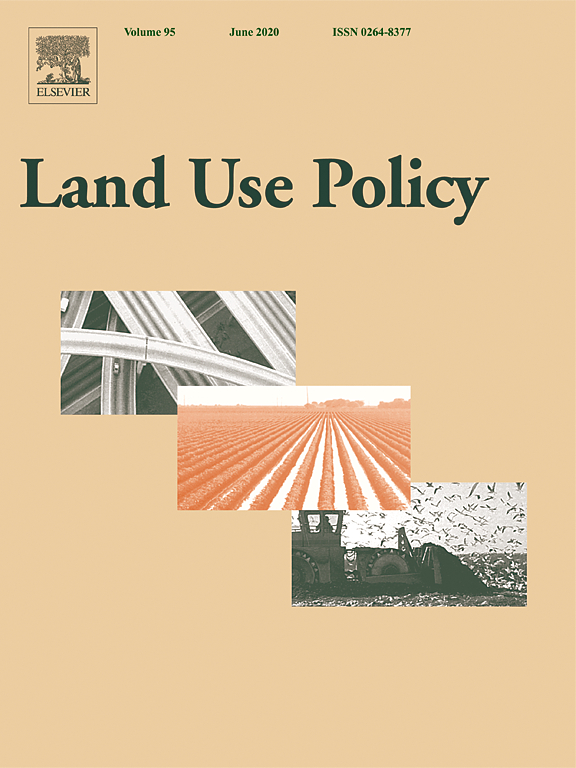Missed opportunity? Framing actions around co-benefits for carbon mitigation in Australian agriculture
Agriculture around the world is one of the industries most affected by, and faced with responsibility to mitigate, climate change. Through improvements in technology and efficiency as well as changes to land use management, agriculture can make an important contribution to meeting global commitments such as the Paris agreement or the Sustainable Development Goals. Yet international carbon markets have not resulted in sufficiently high financial returns to motivate the full potential of land sector changes in Australia and globally.


